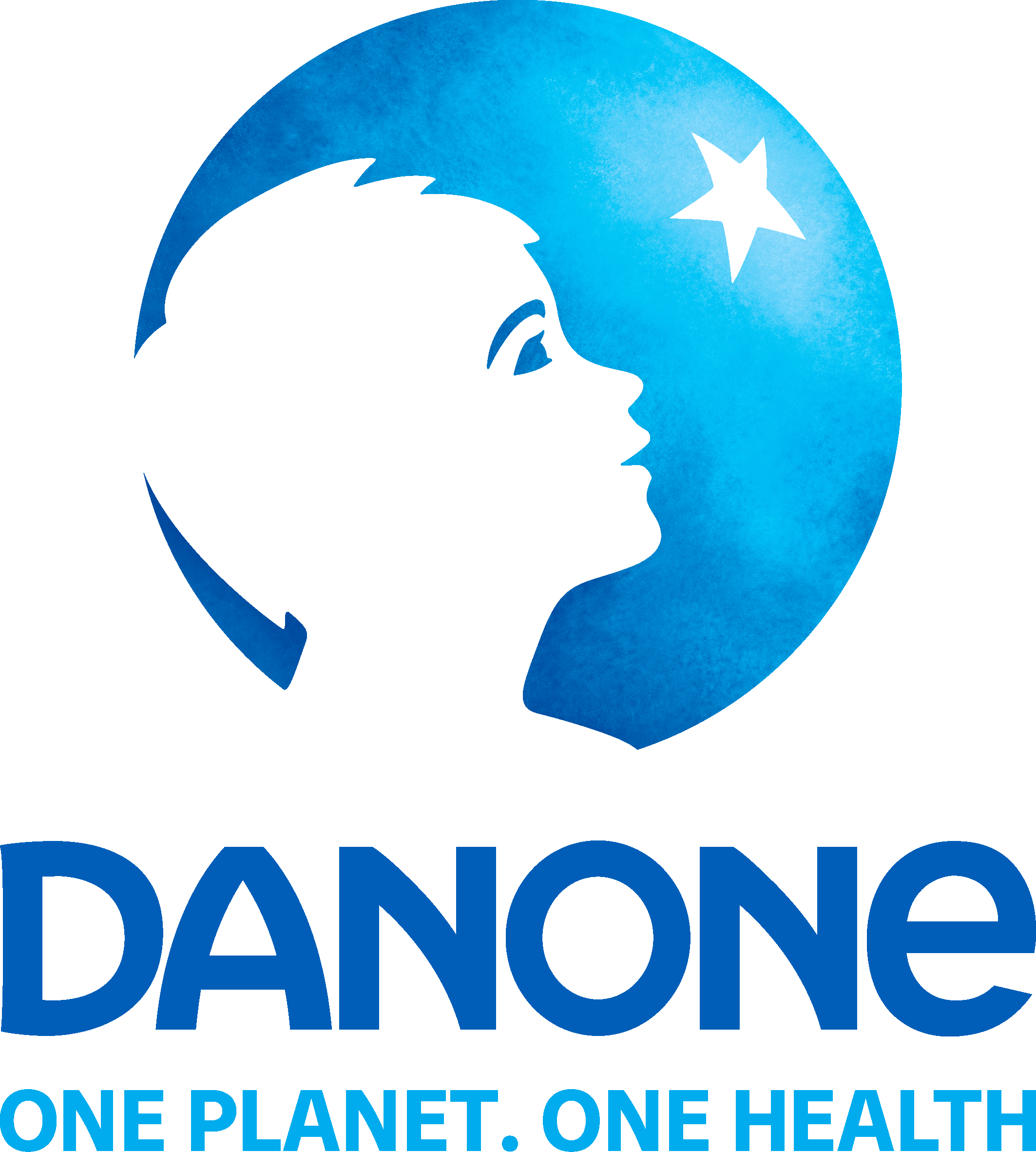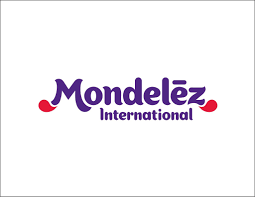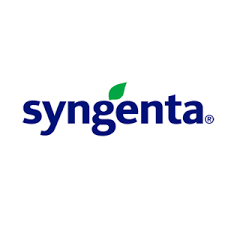Excellence in agri-agro at Paris-Saclay
Paris-Saclay has historically been both an agricultural territory and a hub for research and knowledge. It’s only natural that these two worlds collaborate closely in Paris-Saclay. In the field of agriculture and agronomy, Paris-Saclay is once again an open-air laboratory. The challenge is significant: to prepare for the food of tomorrow while considering climate change and preserving environmental balance. The arrival of AgroParisTech on the urban campus in September 2022 is expected to further accelerate the structuring of the agri-agro sector in Paris-Saclay and generate even more innovative projects for the food and agriculture of the future!
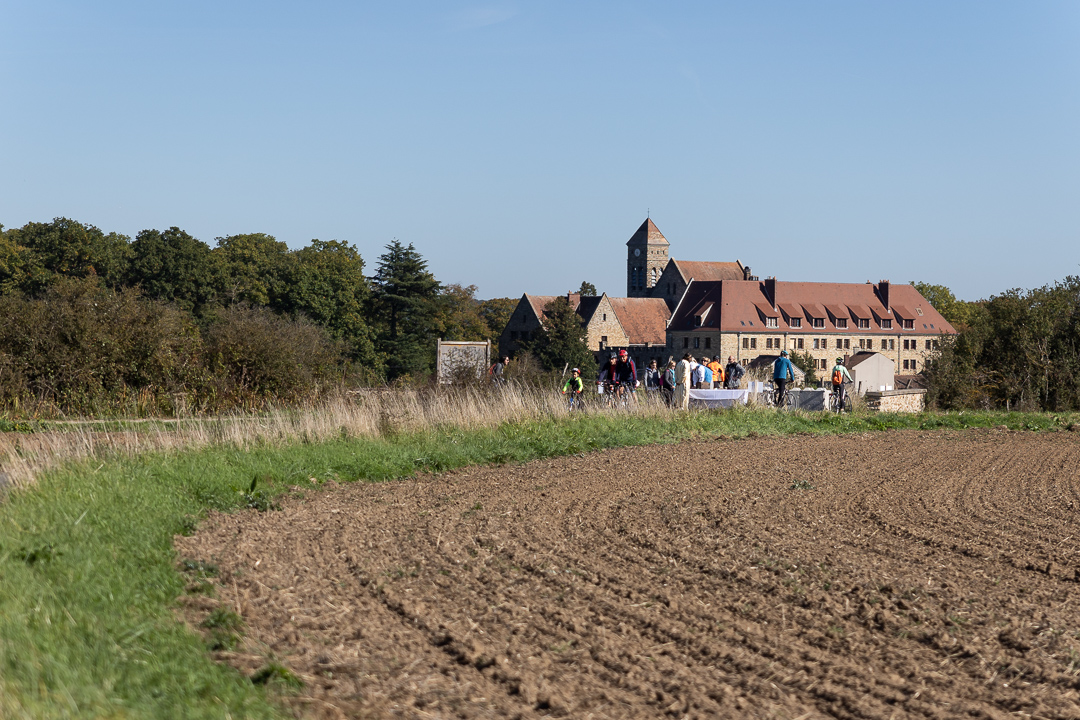
Agritech-Agrotech
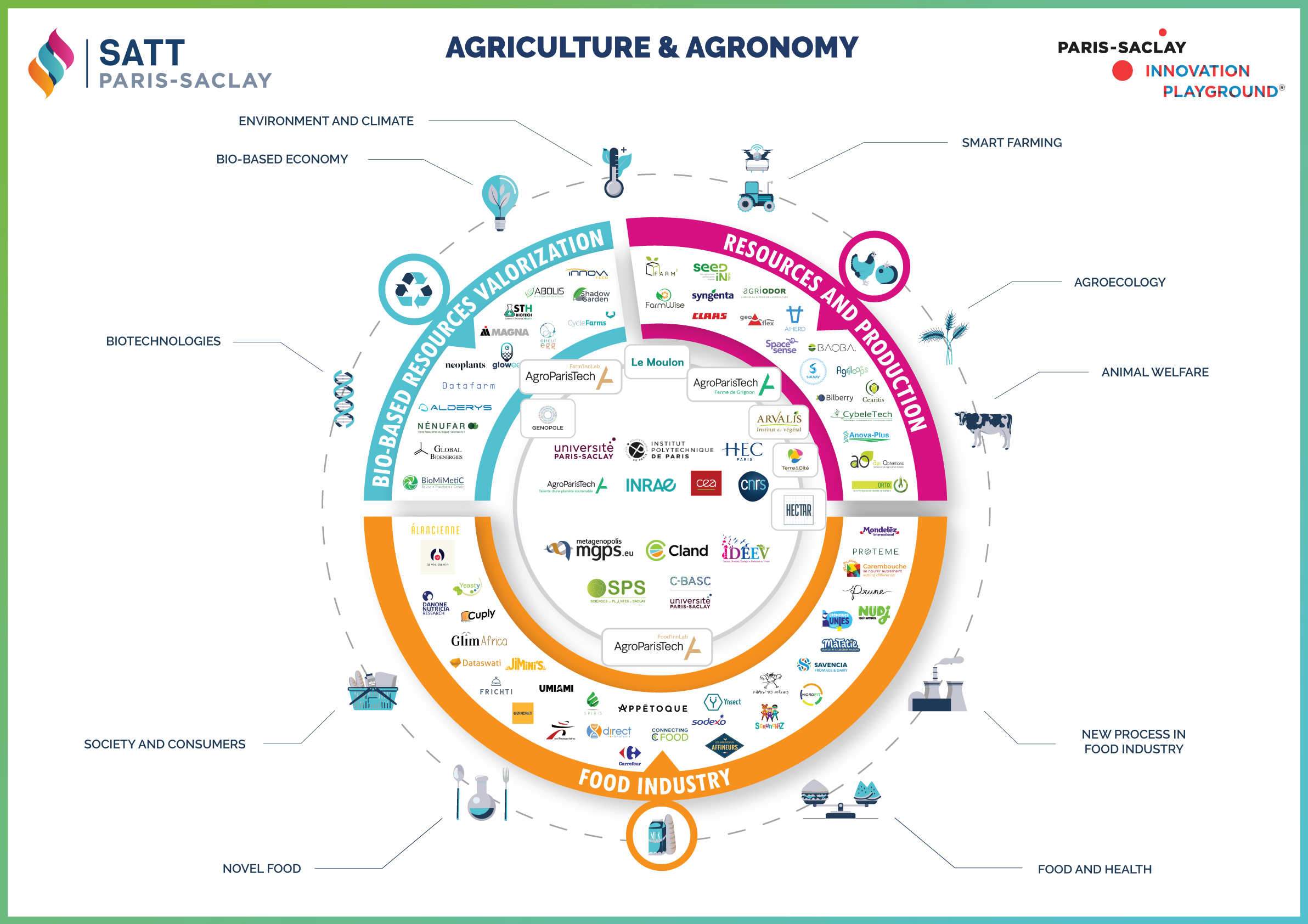
In Paris-Saclay, world-renowned industrial groups
Learn more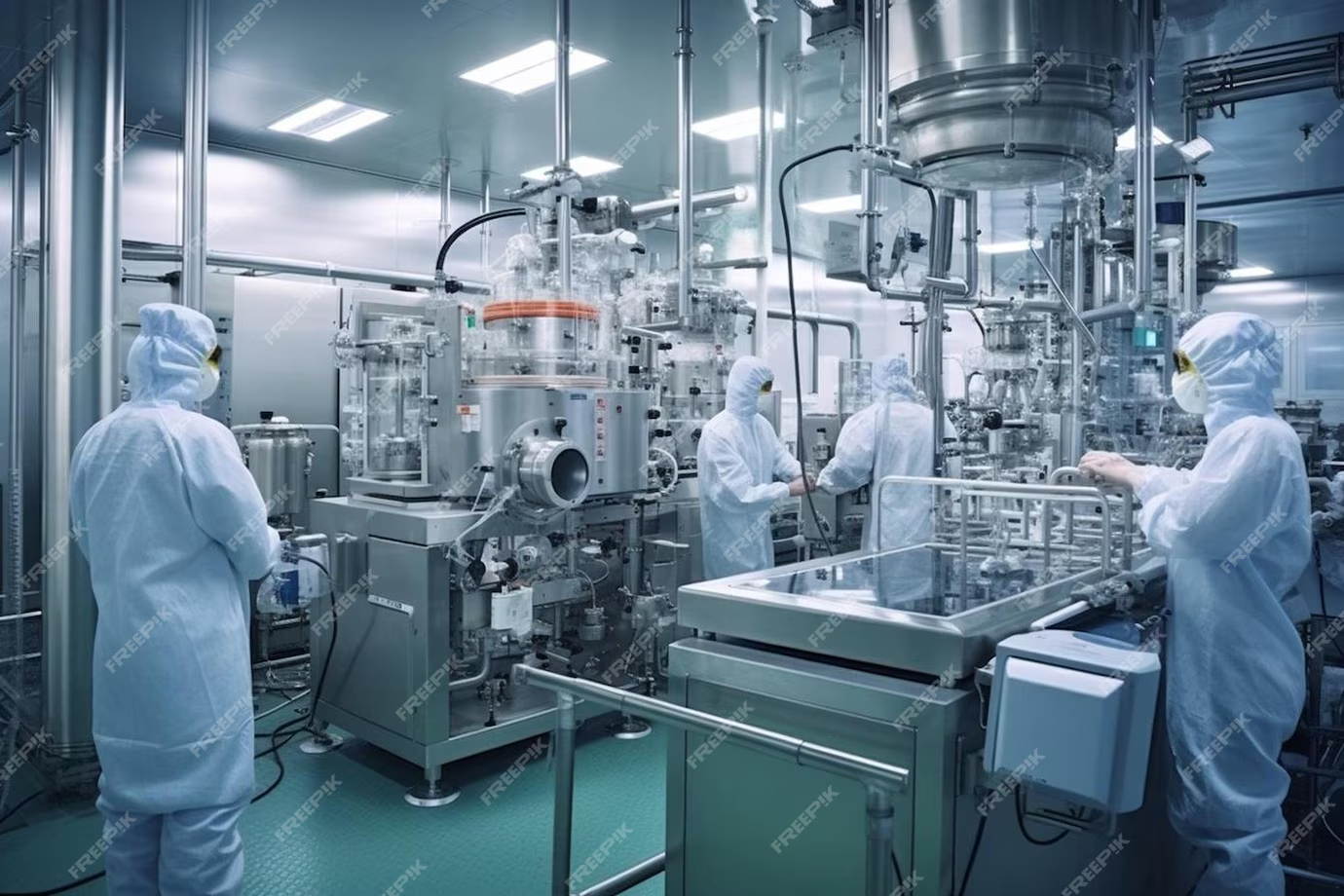
Farms and experimental programs
Ferments du Futur is a public-private partnership built to accelerate research and innovation on ferments, fermented foods, and biopreservation, thus promoting sustainable and health-friendly nutrition. Paris-Saclay hosts the Ci2F (Center for Future Ferment Innovations), which possesses state-of-the-art equipment to accelerate the screening of microorganisms and develop fermentation processes. It benefits from exceptional resources: €21 million worth of equipment.
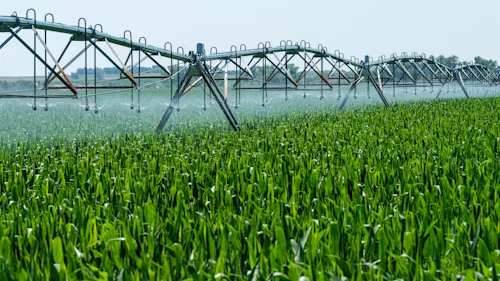
The best in academic research to meet the major challenges facing the food industry
The academic research in Paris-Saclay serves as a foundation upon which large industrial companies can rely. This collaboration occurs within major convergence institutes like CLAND, which studies the impact of climate change on agricultural production, or specialized applied research institutes like Arvalis. ARVALIS is the largest applied agricultural research institute in France and the leading technical reference for major crops. Its mission is to gather knowledge and bring useful innovations to cereal producers (such as soft wheat, durum wheat, barley, triticale, rye, oats, rice…), maize (grain, seeds, sweet), sorghum, potatoes, forage crops, flax fiber, tobacco, and associated economic sectors. Created by farmers and the sectors that finance it, the institute contributes to the development of high-quality grain and raw food and non-food materials for national and international markets. Independently, ARVALIS mobilizes its expertise for the emergence of agroecological production systems that combine economic, social, environmental, and health performance.
